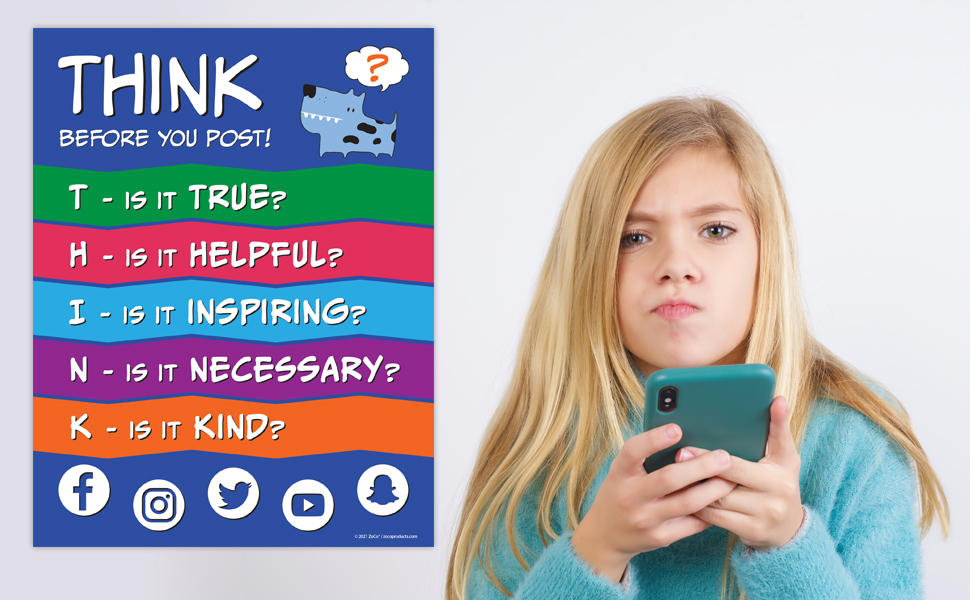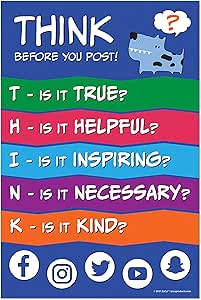In the digital age, the phrase “think before you click” has taken on new meaning. With the click of a button, individuals can share their thoughts, opinions, and experiences with the world. While this democratization of information has empowered many, it has also led to significant consequences—both positive and negative. This article delves into the profound impact of online posts, exploring the responsibility that comes with sharing content online while providing insights into the potential repercussions of our digital footprints.
The Digital Landscape: A Double-Edged Sword

The internet has transformed how we communicate, offering a platform for self-expression and creativity. However, it has also become a breeding ground for misinformation, cyberbullying, and privacy violations. Understanding this duality is crucial for responsible online engagement.
- Empowerment: Social media platforms allow individuals to voice their opinions on various issues, mobilizing communities around causes and fostering dialogue.
- Consequences: A single ill-considered post can lead to reputational damage, legal ramifications, or even job loss.
Case Study: The Viral Tweet

In 2017, a tweet by a public figure went viral for all the wrong reasons. The tweet, intended as satire, was misinterpreted by a significant audience, resulting in a backlash that forced the individual to issue an apology and deactivate their account for a period. This incident highlights how a momentary lapse in judgment can have long-lasting effects on one’s personal and professional life.
The Psychology Behind Online Sharing

Understanding the motivations behind why people share content can shed light on the importance of thinking before clicking. Several factors contribute to the psychology of online sharing:
- Social Validation: Many individuals share posts to garner likes, comments, and shares, seeking approval from their peers.
- Emotional Response: Content that evokes strong emotions—whether joy, anger, or sadness—tends to be shared more frequently.
- Fear of Missing Out (FOMO): Users often share trending topics or news to feel included in conversations, sometimes without verifying the information.
Statistics on Online Sharing Behavior

Research conducted by the Pew Research Center reveals intriguing insights into online sharing behavior:
- 69% of adults in the U.S. use social media, with 74% stating they have shared content online.
- Approximately 59% of social media users say they have shared news articles, while 47% have shared personal opinions.
- A study by the University of Pennsylvania found that posts containing emotional language were shared 20% more frequently than neutral posts.
The Risks of Impulsive Posting

Despite the myriad of benefits that come with online sharing, the risks associated with impulsive posting are substantial. Here are some potential pitfalls:
- Reputational Damage: Posts that are offensive, misleading, or inflammatory can tarnish an individual’s reputation, affecting personal and professional relationships.
- Legal Consequences: Sharing copyrighted material or making defamatory statements can lead to lawsuits or other legal actions.
- Cyberbullying: Negative comments and harassment can arise from careless posts, causing emotional distress and harm to individuals.
Example: The Case of Justine Sacco

One of the most infamous examples of impulsive posting occurred in 2013 when Justine Sacco, a public relations executive, tweeted a joke about AIDS before boarding a flight to South Africa. By the time she landed, her tweet had gone viral